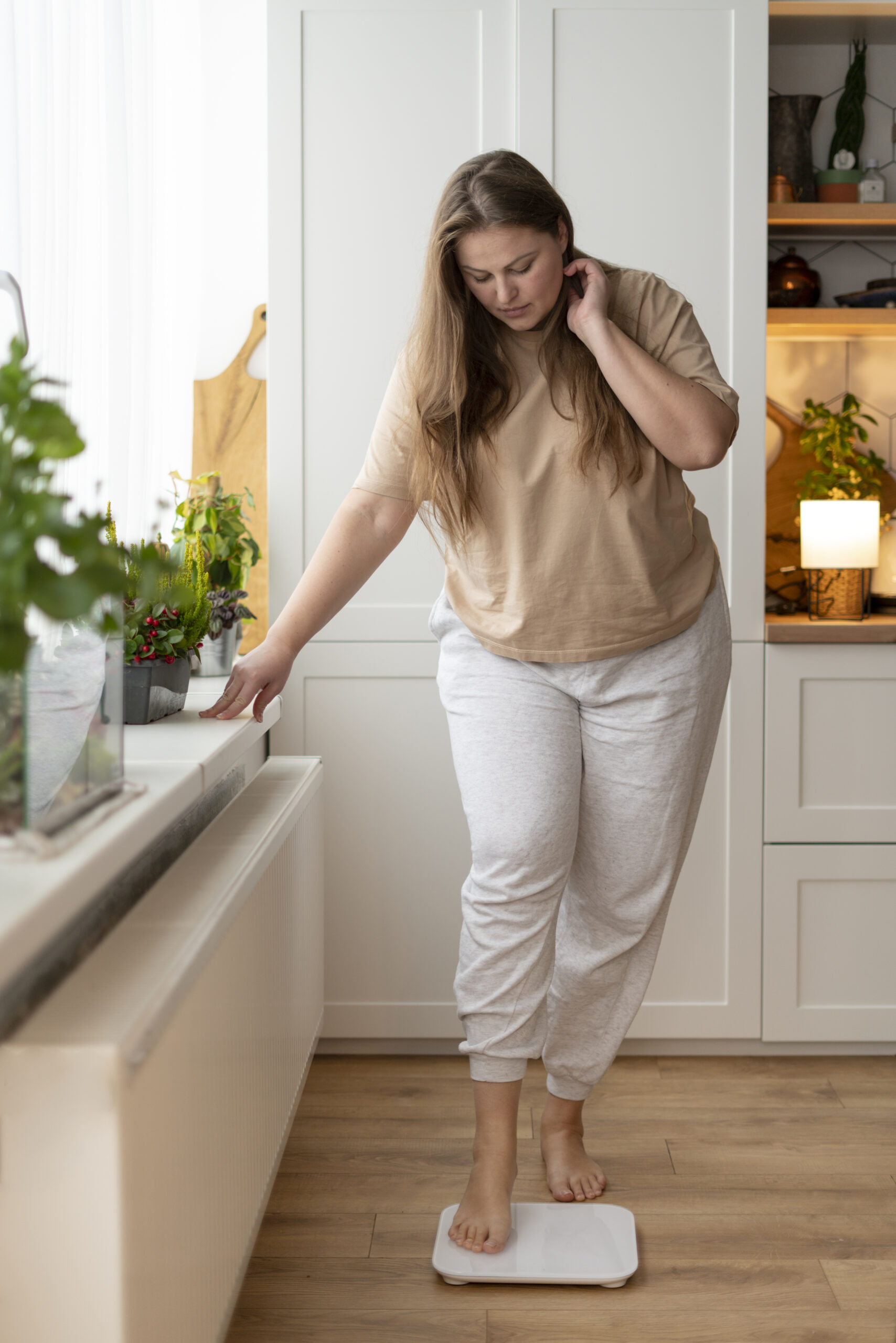Can being obese be better than being only overweight?
As a general rule, being overweight is having a BMI of over 30, and obese is above 35. Exceptions, of course, are many, such as sportsmen, certain women, and so on. From a health perspective, of course, being obese isn’t better than being overweight. The heavier one is, the higher the risk they have of developing health problems such as heart disease and cancer. But what about from a behavioral sciences perspective?
This brings me to The Region Beta Paradox. There are many everyday examples of the paradox, and one can apply it to a plethora of scenarios. When “not that bad” is bad, or how people can sometimes recover quicker from more distressing experiences than less distressing ones. Sometimes “worse” is actually better.
Imagine you have a rule: you always walk whenever you travel a mile or less, and always drive when you travel more than a mile. If you follow that rule, you will, paradoxically, travel two miles faster than you travel one mile. The insight here is that you only take action once a certain threshold is met. That the degree of “badness” will dictate whether you change or remain stuck in a cycle that’s hard to escape. We sometimes need things to get worse to allow that better outcome to manifest. When things are just not that bad.
It’s likely that people you know, or maybe this describes you, are stuck in an example of The Region Beta. The worker who sticks around their “just-okay” job. Their boss is horrible, but not quite toxic. Rather than quitting for the chance of something better, they stay as at least it’s a job and the bills are paid, etc. The couple who are both unhappy together but not quite miserable enough. They both stay in the relationship for the sake of it. “It’s better than nothing,” they keep telling themselves. The friend who refuses to get a new apartment as their current one only has some black mold. All of these people would actually be better off had their situations been worse. If the boss was abusive as well as horrible, if the relationship was toxic or a completely unsafe home. Each individual would have a higher chance of leaving those situations.
Over the last two years, I’ve been fortunate enough to observe people’s journeys on Ozempic. Some were convinced immediately, while others have had to overcome certain barriers before beginning their journey with us. Many, however, didn’t see themselves as quite overweight enough.
“It’s ok, this is my ‘natural’ weight, I’ve been like this for a decade.”
“I could lose all this weight if I really wanted to, I just don’t want to right now.”
“I’m not that overweight, it’s fine. I’ll just cut out pasta like I did at uni.”
I would often wonder, would they be better off if they were 10 or 15 kg heavier? It may have allowed them to see the dangers of their excess weight. Of course, I wouldn’t wish anyone to become obese. That’s not my message. Regardless of what the paradox is, the job, the partner, the flat, or the extra weight, we should not wait until things get worse in order to act. Apply for that dream job, find a new house, reassess the relationship, and focus on your health and well-being. That seems to be a good message to end on—avoid complacency and fear, make the change, and don’t look back.




